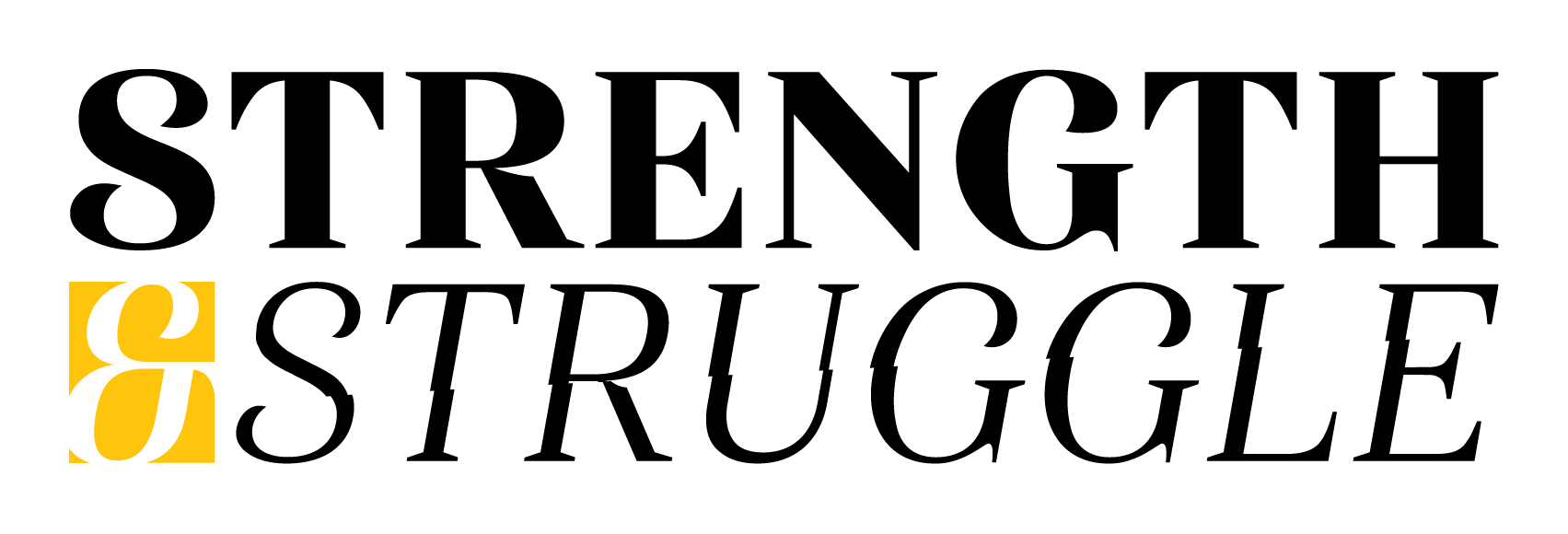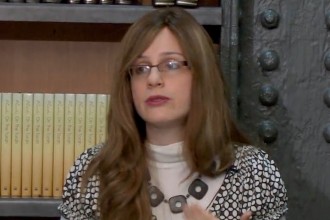Living in Britain one grows accustomed to the concept of a monarchy and royal family. Although it does not have the same legislative powers it once had, it is nevertheless indisputably the remnants of a powerful monarchy whose powers ruled the seven great seas. Today, the world is being swept away with the concept of democracy, a delegated government. But from a Jewish point of view, is this a desirable mode of government? Based on Jewish teachings what is the ideal mode of government?
The Torah says[1] that when the Jews enter the land of Israel, they shall appoint a king over themselves. Based on this, Maimonides writes[2] that when the Jews entered the land of Israel, they were commanded to do three things: appoint a king, destroy the Amalekites and build a Temple. Maimonides writes[3] further that in the Messianic era a Jewish king will arise and restore Jewish sovereignty, build the Temple in Jerusalem and ingather the exiles. In I Samuel[4], however, it says that the Jews were condemned for requesting a king. This seems to be inconsistent.
There is a distinction between the appointments of a king as a substitute for the Al-mighty, as in Samuel’s times, and the appointment of a king as a channel to become closer to G-d. Thus, when king Saul sinned by not killing the king of Amalek, he was removed from kingship, and when king David sinned with Bat Sheva, he was rebuked, since their practice contravened the basic role of a Jewish king to inspire their subjects to become closer to the Al-mighty.
However, what is the extent of a monarch’s power? Before king Saul was appointed, Samuel warned[5] that the king would have broad powers. He could seize the best of their fields for his servants and appoint ‘sons and daughters’ as servants to do his labor. Furthermore, when King David became king, the people declared, “we are your bone and your flesh[6].” Does this not imply that in Judaism a king has ownership over all the possessions of his subjects, thus absolute power?
Constraints of Power
In truth, however, this is not the case. The power of the monarch is limited by G-d as set out in the Torah[7]. He is prohibited from taking more than eighteen wives, cannot hoard money for his own use and may not own too many donkeys, as was then the Egyptian custom. In addition, the purpose of the prophet is to regulate the king’s powers. When King Saul sinned[8], the prophet Samuel rebuked him and when King David sinned with Bat Sheva[9] and had her husband killed in battle in order to marry her, the prophet Nathan issued rebuke. King Saul had his right to rule removed and King David repented for the rest of his life (Psalms 51:4).
In Proverbs[10], however, King Solomon writes, a person should “fear G-d and the king.” The juxtaposition of G-d and the king together shows a very positive attitude towards a king in Judaism. The Al-mighty and the king are both one concept and worthy of equal fear. How can this be?
The Talmud states[11], “Royalty on earth reflects royalty in Heaven”. This was expressed by Rabbi Shila[12] who heaped praised on the Roman government for its ‘love of justice’. Furthermore, the Talmud says, one must make a blessing when seeing even a non-Jewish King[13], “He who gives of His wisdom to all creatures”. Rabbi Sheishess, the Talmud relates, who was blind, attended a royal procession and despite his lack of sight discerned when the king was passing. A Sadducee (one who does not believe in the Oral Torah) insulted him, commenting that he could not have possibly known where the king was, due to his blindness. Rabbi Sheishess explained that the king on earth is a reflection of G-d. It says in the book of Kings[14] “G-d’s presence was not in the earthquake or the fire, but in the still, thin sound”. Similarly, Rabbi Sheishess said, he knew the king would come when it grew quiet after three troops passed by.
The concept of a monarch is thus considered a reflection of royalty in Heaven. Indeed, everything in this world has a spiritual source in the higher worlds. Before Jacob encountered his brother Esau[15], he struggled with the angel, which according to Jewish teachings[16] was Esau’s spiritual counterpart. Only after defeating the angel, was he confident that his brother Esau would not harm him.
In contrast to the above, in Ethics of the Fathers[17] Rabbi Chanina says,” Pray for the welfare of the government, for if not for the fear of it, man would swallow another alive.” The power of government, then, is necessary for a very pragmatic reason, to prevent anarchy. How is this consistent with the spiritual idea of government, reflecting the Al-mighty, and thus necessary for increase in Heavenly fear? Furthermore, why then did Samuel condemn the Jews for requesting a king? Is it not necessary for any civil society?
Ethics of the Fathers, according to the Talmud[18], is a book of ethics. It is not written as a guide for the sinner, but rather for the righteous. The reason for government must therefore be more than just to prevent lawlessness. It is referring to the learned who, despite their knowledge of the Torah, would have no respect for other human beings, who are not as academically competent. In order for people to respect their fellow, it is necessary to have a degree of humility and, as a result, a feeling of equilibrium with other people. It is fear of a government that has the potential to produce humility, and consequently respect, in society.
However, it is not the fear of government itself that causes respect, but what government reflects. It is the reflection of G-d through the government, which produces humility and therefore respect for one another.
This concept is illustrated in the following story: The founder of the Chabad movement, the Alter Rebbe, Rabbi Schneur Zalman of Liadi[19], was sent to prison in St. Petersburg on false counterrevolutionary charges. In the course of the interrogation, the Chief of Police realized that the Alter Rebbe was a saintly man and of great wisdom. He recommended to the Tsar that the Alter Rebbe be found innocent and released, suggesting that it was his opponents who trumped up the charges out jealousy of his wide influence.
The Tsar was intrigued and wanted to meet the Alter Rebbe in person. He changed out of his royal clothing and visited the Alter Rebbe in his cell. Upon entering, the Alter Rebbe arose. The Tsar was puzzled and exclaimed that he is just an ordinary person. The Alter Rebbe answered that he must be the Tsar, since he was overcome with a trembling fear, which is caused by royalty and had not happened when visited by any other official. He explained that, according to Judaism, the Tsar reflected royalty in Heaven, and therefore his presence caused in him a trembling fear of the Al-mighty.
Democracy
Based on the above concept of limited, rather than absolute, leadership, the concept of democracy appears to have deep roots in Judaism. A role of the prophet was to keep the king in check and limit his powers. In the absence of a prophet, there is a need for another effective system to keep the king or leader in line. The alternative is a dictatorship, which can be brutal and evil. Ideally, the purpose of a democratic system, over other political structures, is its ability to limit the powers of the leader and make him or her answerable to the public who delegated power to them in the first place. The people in society, who have the power to vote, are a substitute for a prophet. In England, the representative House of Commons fulfills this function. Thus we see that this concept of government has its roots deep in Jewish teachings.
[1] Deuteronomy 17:14,15
[2] Mishnah Torah, Laws of Kings, Ch. 1
[3] Ibid, Ch. 11
[4] I Samuel Ch. 8:8
[5] Ibid Ch. 8:11-17
[6] II Samuel Ch. 5:1
[7] Deuteronomy 17:16,17
[8] I Samuel 15:18,19
[9] II Samuel Ch. 12:9
[10] Ch. 24:21
[11] Berochot 58a
[12] Ibid
[13] Ibid
[14] Ch. 19:11,12
[15] Genesis Ch. 32:25
[16] Bereishit Rabba 77:3
[17] Chapter 3:2
[18] Tractate Bava Kamma 30a
[19] 1745-1813





